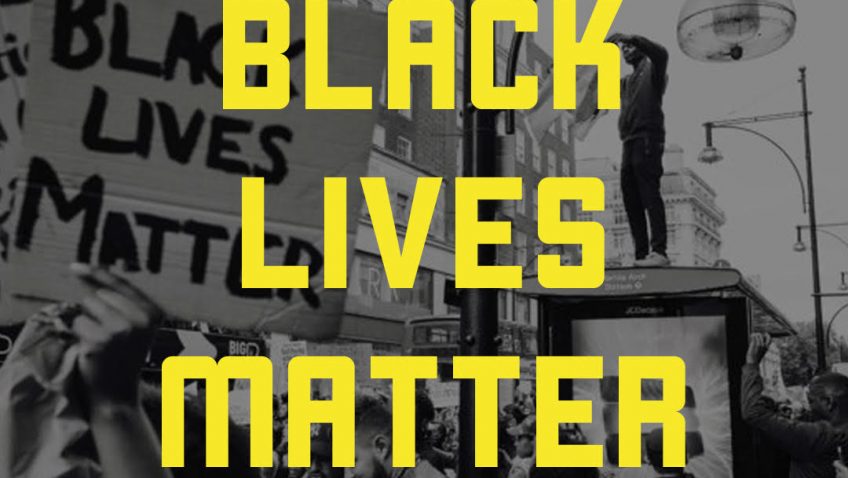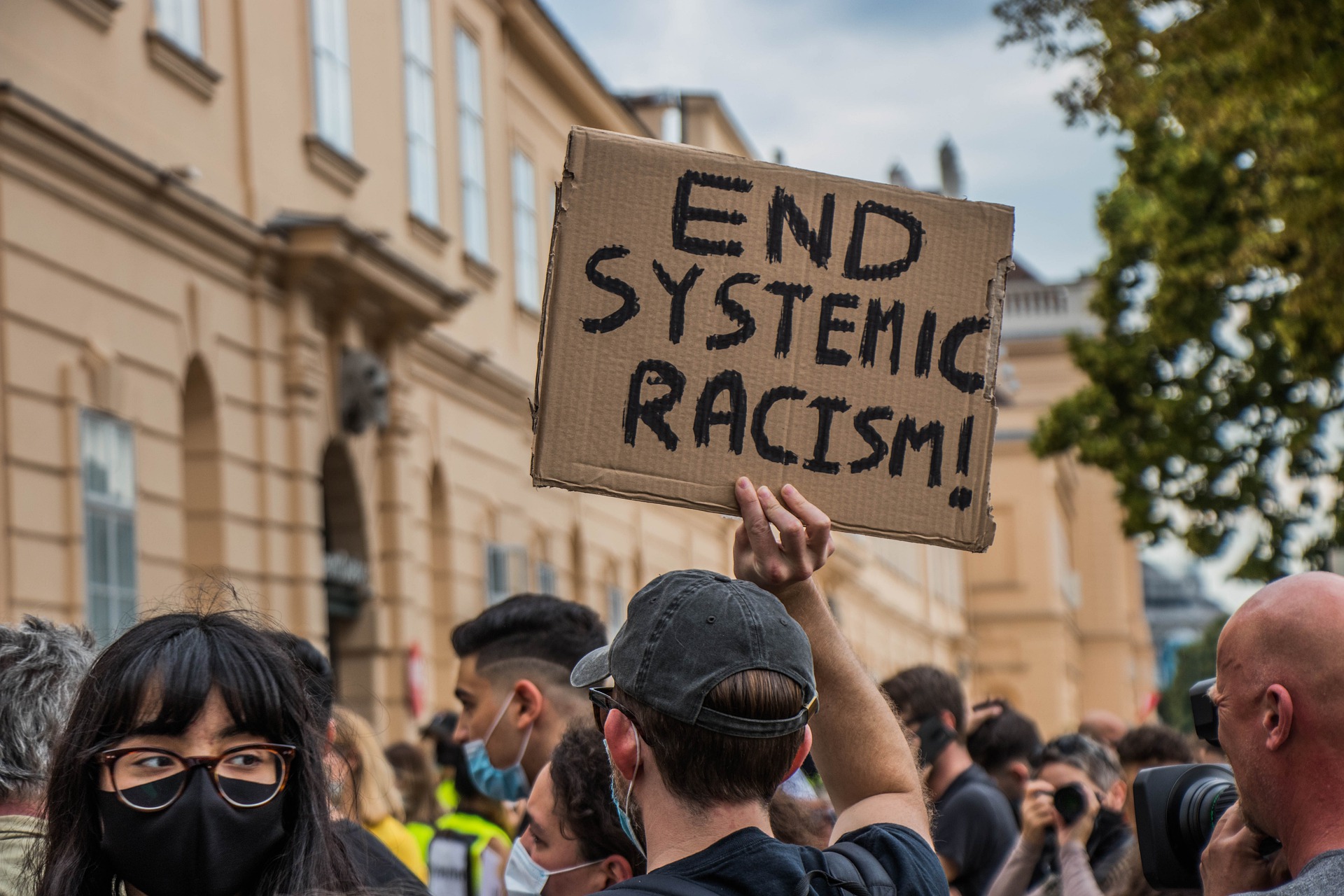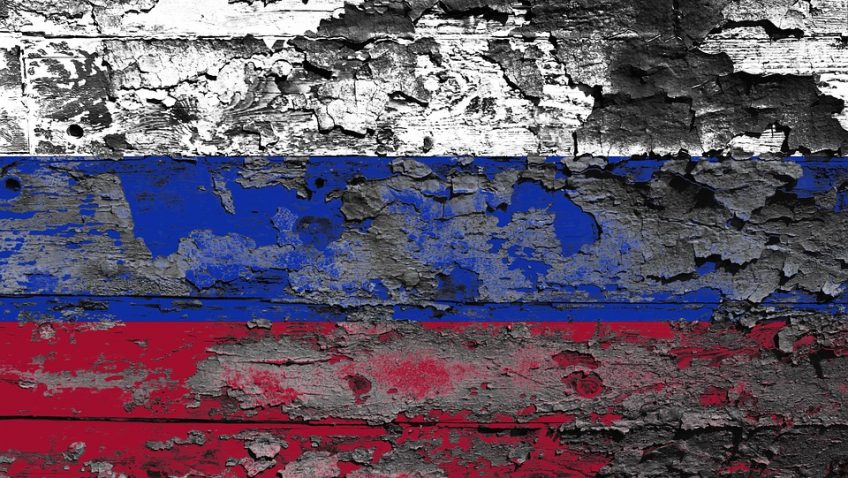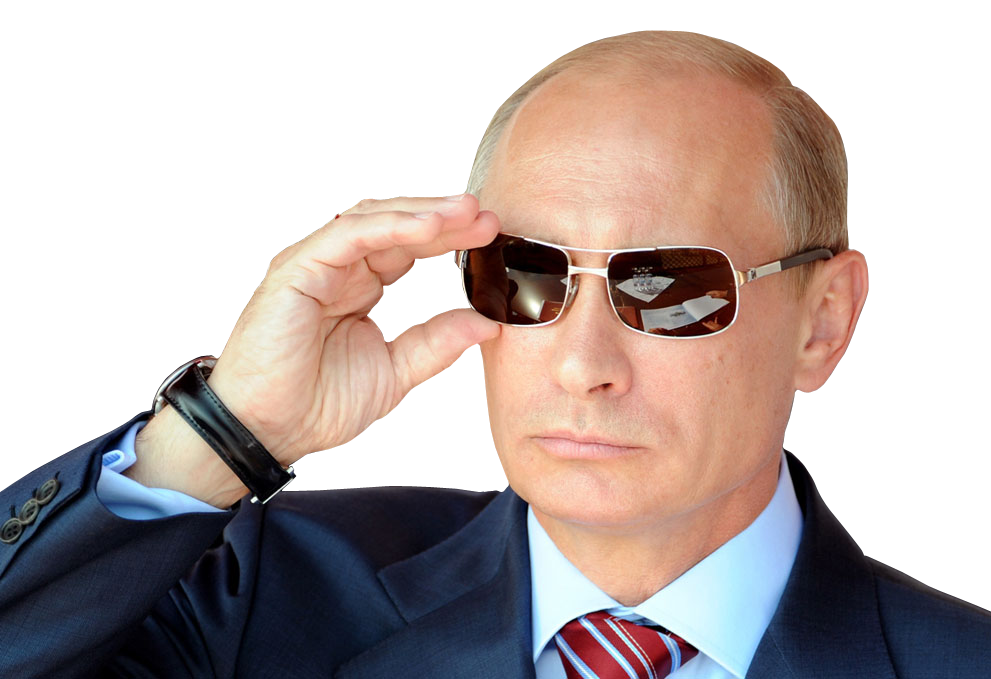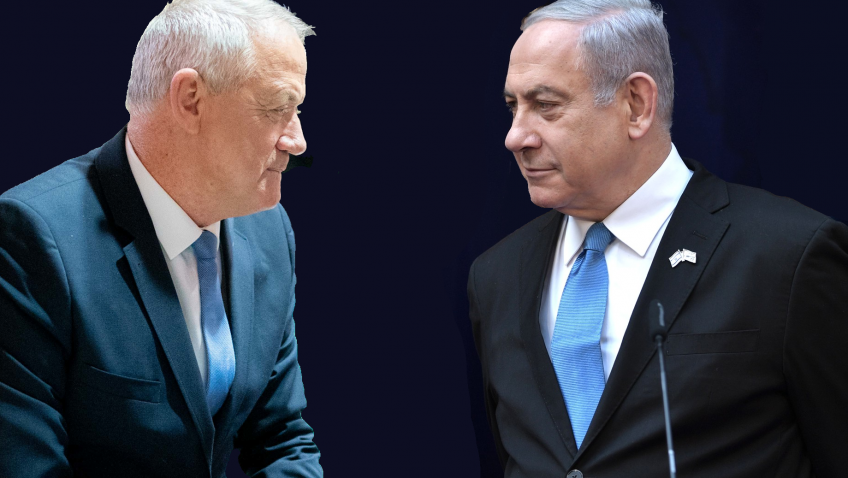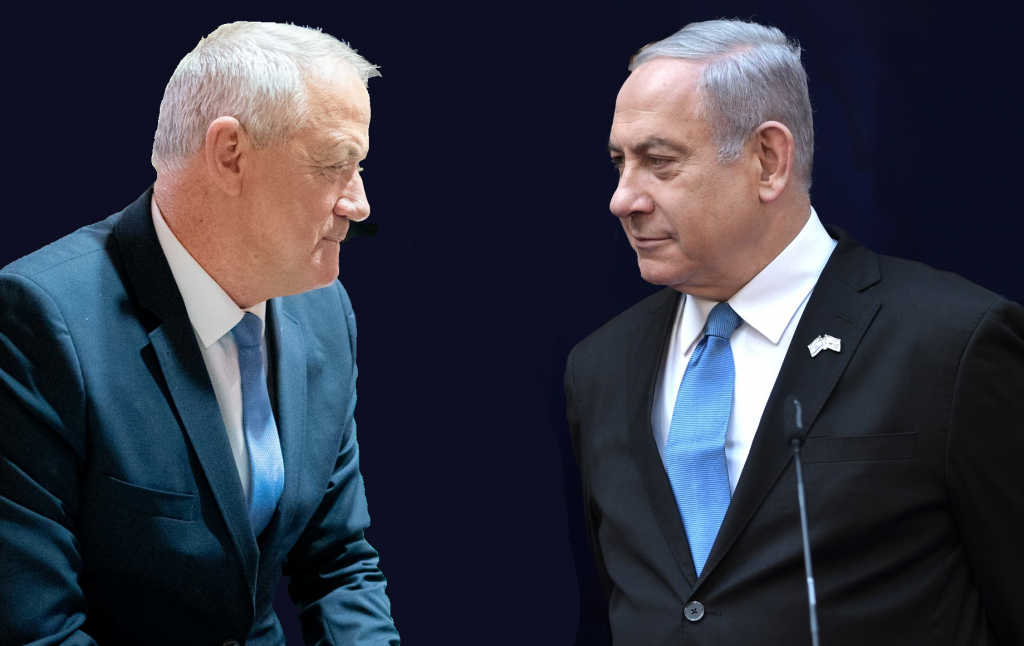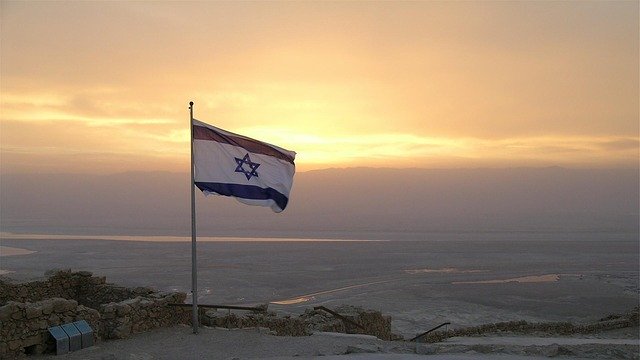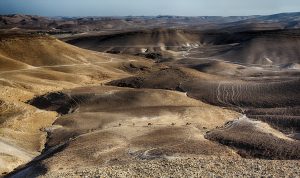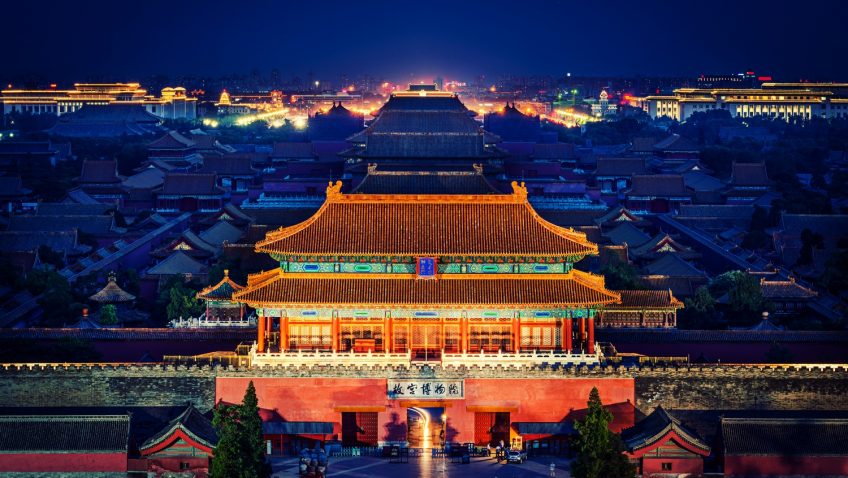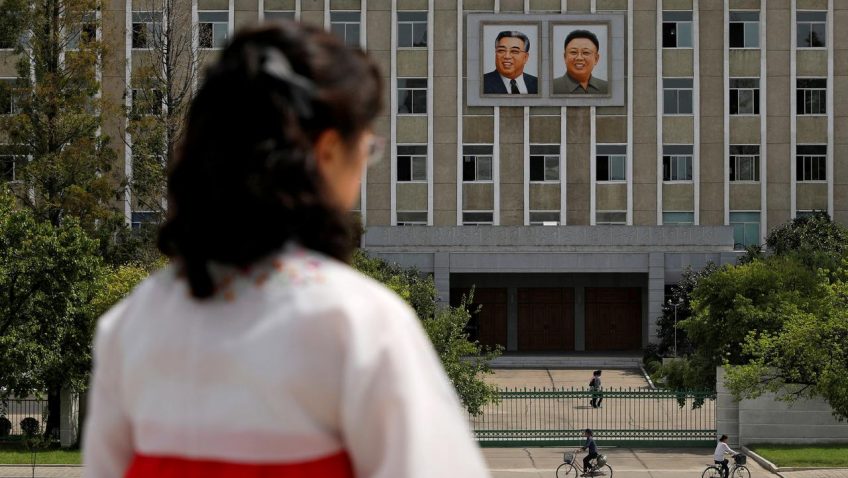The definition of Neo-Liberalism heavily depends on who you ask, for large sections of population, and politicians, Neo-Liberalism is the cause of all evil in the world.
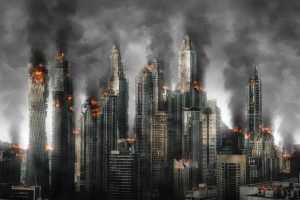
For Arabs, Neo-Liberalism caused Invasions of Iraq and Afghanistan. For Communists, Neo-Liberalism is the cause for all evil in the world(can’t blame them for this since Reagan spelled the death cast for Communism) and for today’s Populist Right politicians, Neo-Liberalist Establishment is the cause of all misery and for students, Neo-Liberalism is the cause of their college debts.
So Neo-Liberalism must be a really gigantic thing since it powers everything from Robots to Military Invasions, but maybe, Neo-Liberalism just happened to be the scapegoat for each and every evil in the world because people simply don’t understand it
So let’s enlighten ourselves by actually understand what Neo-Liberalism is and it didn’t take me more than 4 minutes for that and that just undid 10 years of Communist Propoganda on me.
Neo-Liberalism is the 20th-century resurgence of 19th-century ideas associated with laissez-faire economic liberalism and free market capitalism. It is generally associated with policies of economic liberalization including privatization, deregulation, globalization, free trade, austerity, and reductions in government spending in order to increase the role of the private sector in the economy and society. Neoliberalism constituted a paradigm shift away from the post-war Keynesian consensus which had lasted from 1945 to 1980.
Do any of you see anything about invading any other parts of the world?or anything about Hillary Clinton? So that is definitely not Neo-Liberalism. Now let’s see what Neo-Libs are all about
Neo-Liberalism is all about Free Trade and Globalisation, and that alone has initiated the biggest poverty eradication drive in human history, so much for being anti-poor, and not just that, now Elon Musk can build his shiny Mars-Car in Shanghai, otherwise, he would have been stuck at his desert factory.
Neo-Liberlalist policies has almost single-handedly brought post-Soviet economies like Poland and Estonia to the First World while economies like Belarus which stayed put are well, still there like ever before.
Neo-Liberal policies has resulted in Billions and Billions of dollard in saved taxpayer money which would have been spent in White Elephant enterprises which lacked innovation and gave way for the Startup age which fuels the tech revolution we see today.
Neo-Liberals stood for Floating Exchange Rates and to move away from Gold Standard which was a major hinderance for Developing Economies at the time and the start of Fiat Money era was also the kickstarter for Globalisation
Quite Paradoxically, Free-Market Dictatorships has a tendency to move into democracy and be prosperous in the long term while Socialist Democracies tend to stay stagnant or move into dictatorships at some point (compare Chile and Venezuela), this doesn’t sound good, but History never fails to surprise
But that doesn’t mean that everything is going good, far from it, Capitalism survives through evolution and same is the case with Neo-Liberlalism.
Capitalism for the Poor, Socialism for the Rich- This is one of the biggest drivers of Populism and Inequality in the Developed World and this has to do with excessive Government Interference in the Economy in the name of Neo-Liberalism. This came into public light when the US Gov’t $700bn to bail out losing Banking Companies after the ’08 crisis instead of letting the Business Cycle running the course. Disrupting the cycle can kill the system from within. In a Neo-Liberal society, Government has no business in business and Businesses don’t have any role in Governance, otherwise, transform to another form of governance where intervention can benefit the people too.
Excessive Reliance on Debt, while cheap and accessible credit is an absolute must to develop an economy, there should be a reconsideration whether liberal lining of credit should be given for people to purchase depreciable assets like Cars, Phones and in case of Homes, loans only help to drive up home prices which eventually bubbles up. When Loans are given, there should be a strong chance that the borrower should be able to pay it back and preferences should be given to loans which has higher multiplier effects like for businesses and commercial buildings.
Taming the Elephant, the Elephant Curve of World Income Distribution is one of the accidental side effects of Neo-Liberalism
While Globalisation has helped the Global Middle Class to prosper, it has also caused the stagnation and relegation of the middle class of the developed economies and this is due to the combination of Automation and Outsourcing and Government Regulations like Minimum Wage and Permanent Labour is responsible for this and this has been the biggest factor causing the rise of Populism today and taming this curve will be the key factor in saving the world from populism.
I’m not the greatest fan of Neo-Liberlalism nor is an active supporter(infact, i would consider myself an ordoliberal, the anti-thesis of Neoliberalism)but this doesn’t imply that Neo-Liberalism is the cause of everything bad in the world and people has to take Neo-Liberalism for what it is and recognise the contributions it has given to the world and try to solve it’s problems instead of falling into Populism.


